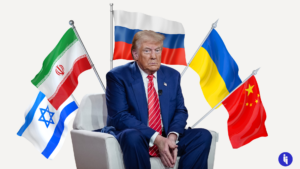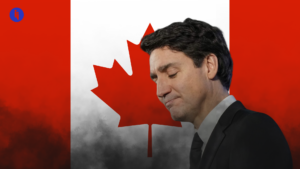Briefly: Russia is reportedly preparing to restock its foreign currency reserves for the first time since its invasion of Ukraine. This pivot from burning cash to stashing it suggests Moscow is managing to mend its budget, which has buckled under massive wartime spending.
How’s Moscow doing this?
- 🛢️ It changed its tax rules, forcing oil producers to pay more tax, and
- 📉 Its weak ruble means taxes paid in foreign currencies stretch further
Countries use foreign reserves to stabilise their currency and ensure payment for imports. But of course, Western sanctions mean Moscow can’t just stock up on US dollars or euros like everyone else. So it’ll likely buy Chinese yuan instead.
Stay on top of your world from inside your inbox.
Subscribe for free today and receive way much more insights.
Trusted by 127,000+ subscribers
No spam. No noise. Unsubscribe any time.
Intrigue’s take: Huge Chinese and Indian purchases have helped push Russian oil exports to their highest volumes since early 2020. But Western sanctions have suppressed Russian oil prices, so its revenues are still 43% lower than a year ago.
So all in all, the market seems to be telling us that Western sanctions are biting, just not enough to end Russia’s war machine. At least, not yet.
Also worth noting:
- Russia’s Finance Ministry projects 1.2% GDP growth this year.
- Bloomberg forecasts Russia’s economy will be 8% smaller by 2026 than if it hadn’t invaded Ukraine.









